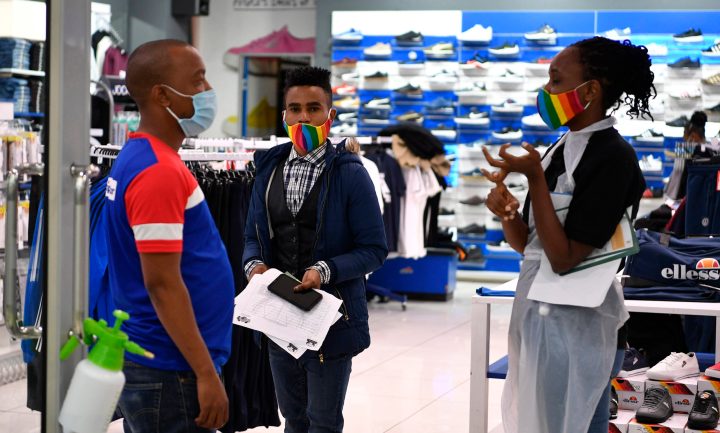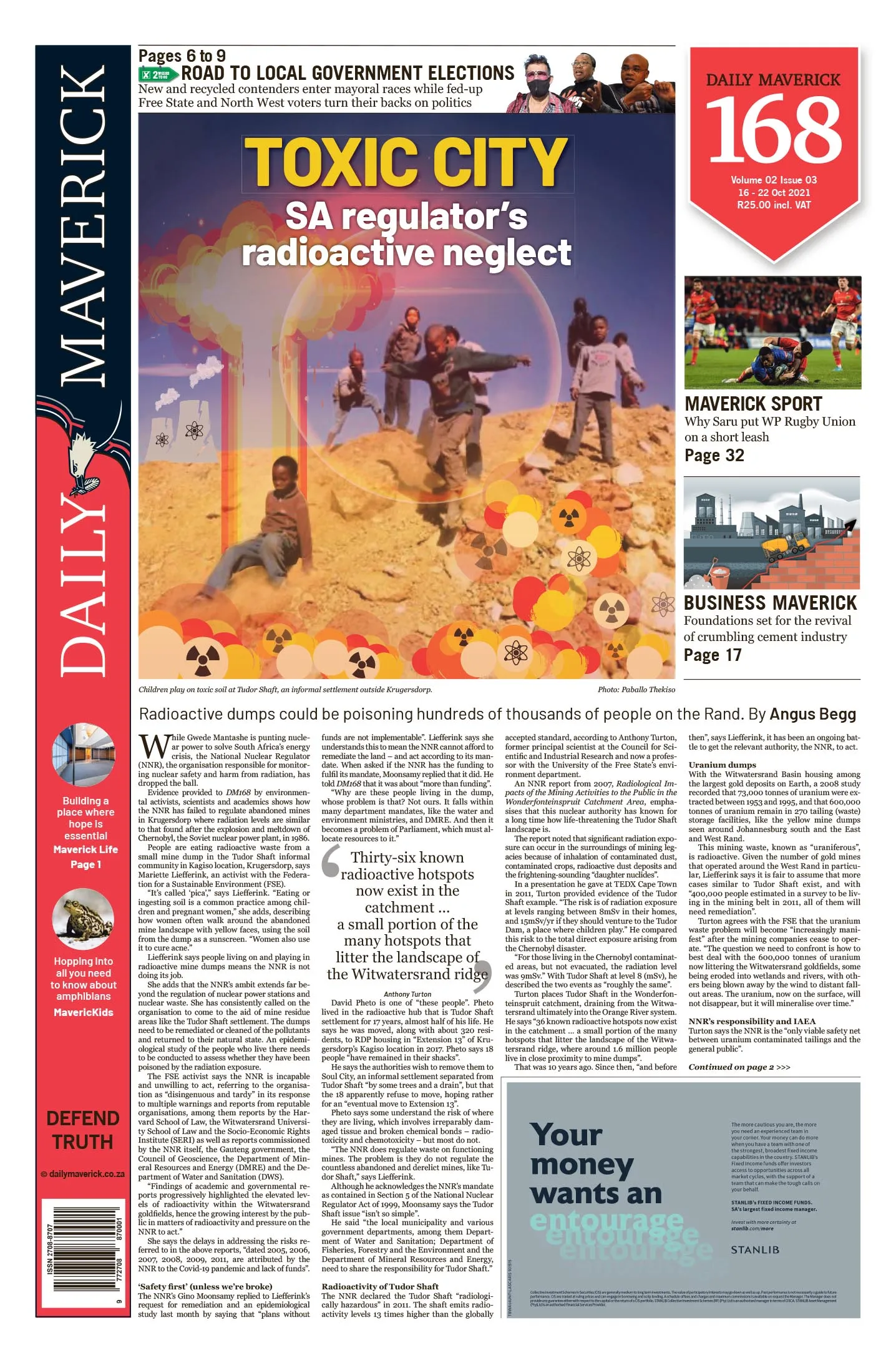CONSUMER BEHAVIOUR
South Africa’s youth largely dictate retail spending patterns, survey shows

Survey shows that young South Africans, who have disposable income of R120bn, are the ones who decide how, when and where a household spends its money.
Think the parents are in control of the household budget? Think again: young people might not be earning the big bucks yet, but often they determine how, when and on what money is spent.
Separating reality from perception, the latest GenNext Youth Behaviour Report has revealed that, contrary to Khalid’s hit, Young, Dumb & Broke, young South Africans have significant economic influence and cash at their disposal. The report asks young people what they care about, why they care about them, where they spend their time, how they engage or interact and who they are.
The youth market, comprising 35% of the population, has considerable cash-driven purchasing power. In South Africa, young people are estimated to have around R120-billion of their own disposable income, and not simply because of their spending that’s a result of their influence on parents and caregivers.
Combined, this group represents significant spending power and they will be an even more powerful force in the future as an impressive number of them (63%) are already actively saving and investing, while 10% of young adults have sought entrepreneurial ways to earn an income.
Released by marketing strategy consultancy Yellowwood, GenNext spells out how and why young people buy in the market of today, and the future. It is the leading annual survey on youth brand preference and consumer behaviour in the country.
The results of the study examining the brand and buying priorities of South African youth were released on 14 October.
Now in its 17th year, the 2021 GenNext Youth Behaviour Report was based on a survey of 7,100 young people and includes a new category – young professionals aged between 25 and 30.
The survey, representative of national demographics, was conducted in schools among tweens and teens, while online surveys were completed by young adults in tertiary institutions. (The Northern Cape is excluded because of its large rural demographic and sparse distribution of schools.)
The GenNext study comprises two reports – a brand preference report, which was released early last month, and a “youth behaviour” report, which outlines the category and lifestyle drivers of youth purchasing behaviour.
Since traditional approaches to market segmentation and assumptions about consumer behaviour, based purely on demographics, only tell part of the story, Yellowwood incorporated the insights of its comprehensive Ask Y segmentation study to deliver more robust findings.
Ask Y is an alternative approach to market opportunity analysis, exploring the relationship between Maslow’s motivational need states and how these internal needs play out among South Africans by factoring in the country’s external macro political, economic, social, technological, legal and environmental (or Pestle) characteristics.
Typically, brands view the youth as a homogeneous group, but this approach provides a more definitive look at their underlying human needs first and how they are being influenced by a dynamic South African context.
What it reveals is that the youth are significantly influenced by Pestle factors: they have a positive attitude to technology (above all other factors); the more they are exposed to financial realities, the less positive they are about key dimensions of economic satisfaction; they don’t believe that everything communicated in the media is truthful; and while they care strongly about the environment, they don’t feel it is being tended to effectively.
A challenge for political parties, ahead of the 1 November elections, is that young people feel least positive about South Africa’s political climate, which is strongly influenced by their perception that the government doesn’t represent their interests.
Tellingly, they have the least positive attitude when it comes to the state of law: they don’t trust the police, who are seen as not acting within the law themselves and therefore not enforcing or protecting it.
In terms of needs satisfaction, young people most aspire to greater safety and security, while their level of self-esteem is more fulfilled than other needs.
Family comes first as their source of connection, support and care. They are confident and self-assured, but their safety and security is a concern, primarily driven by not feeling safe outside or where they live.
Although the effects of online immersion is a huge concern for parents, but the survey found that, far from being purely online driven, young people are living in the “real world” and “digital world” simultaneously, with a varied mix of attention given to and spent on both traditional media, in-person engagement and online.
Refilwe Maluleke, Yellowwood’s managing director, says, contrary to widespread beliefs that the youth are self-centred and disengaged, GenNext results show that they are well informed and care about the issues affecting their communities and the country.
“Youth demonstrate a strikingly astute understanding of many macro issues and are increasingly active in being part of the solution,” she says.
Uncertainty about the future, driven by macro problems facing the country, such as unemployment, gender-based violence and Covid-19, is a real concern for young people.
As such, Maluleke says that brands have an opportunity to connect with youth by helping them understand the world, navigate chaos and find security or fun while also enabling exploration with minimal physical, social, professional, reputational or financial risk.
Ultimately, the job of marketers is to drive sustainable top-line growth.
“Marketing has the power to change businesses and human behaviour for the better,” Maluleke says.
The youth demonstrate a strikingly astute understanding of many macro issues and are increasingly active in being part of the solution, Maluleke says. DM168
This story first appeared in our weekly Daily Maverick 168 newspaper which is available for R25 at Pick n Pay, Exclusive Books and airport bookstores. For your nearest stockist, please click here.




















 Become an Insider
Become an Insider
Comments - Please login in order to comment.